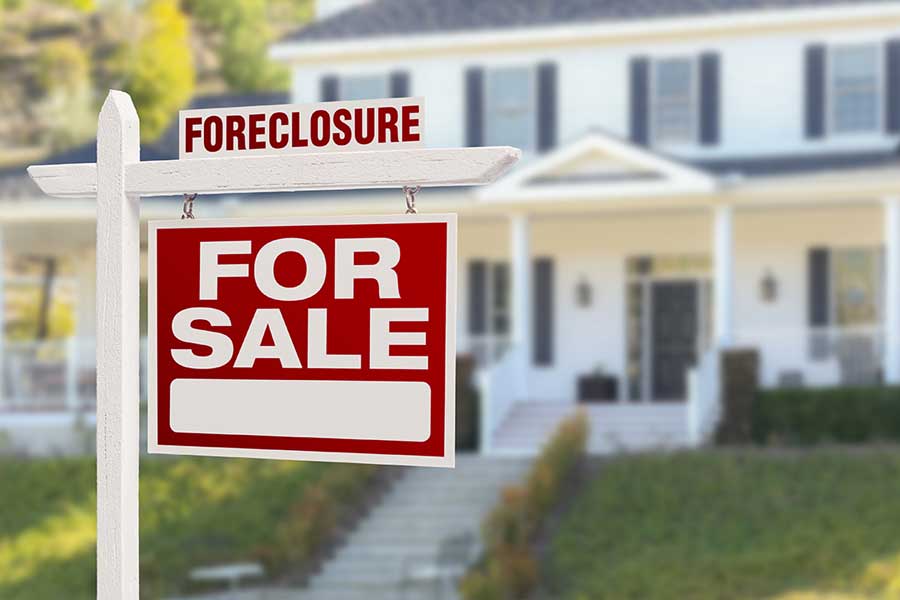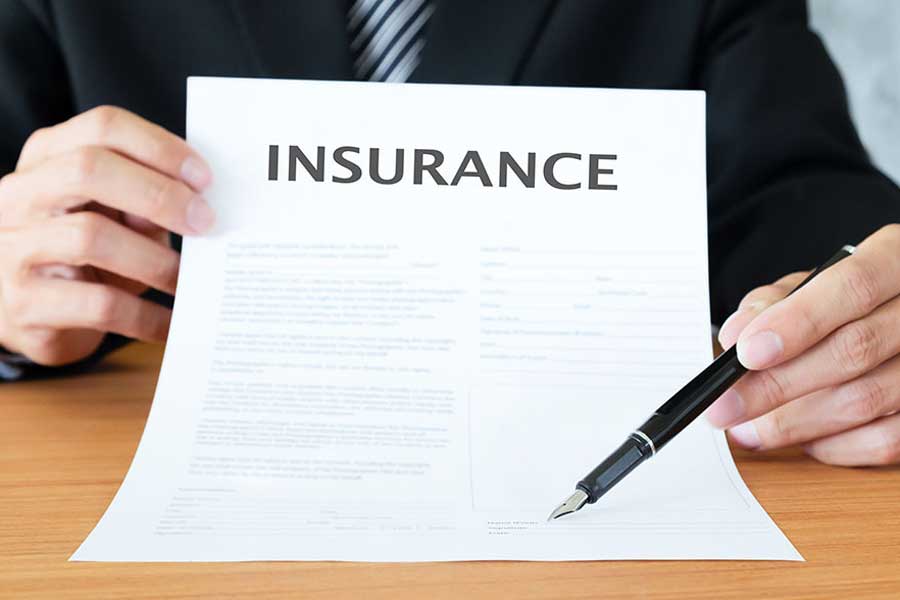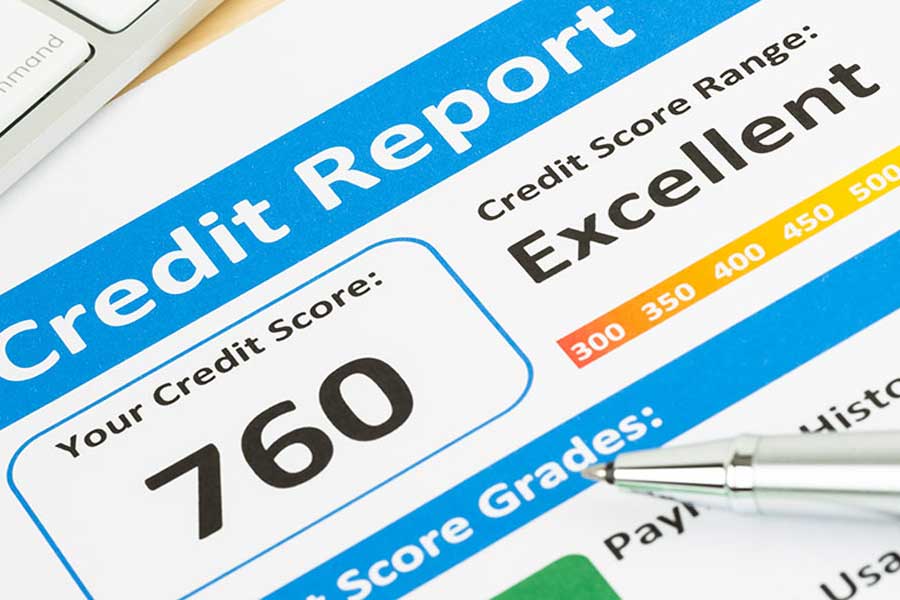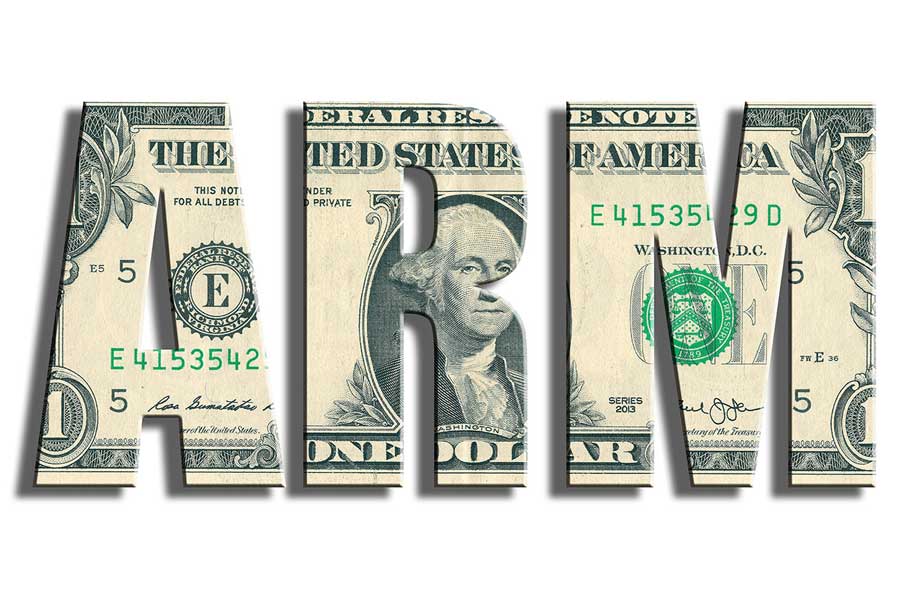With the housing bubble burst and the subprime mortgage crisis, millions of homeowners found themselves unable to make their mortgage payments. Many found themselves owing more on the house than the home was worth. Many just walked away from their homes. As a result of these complicated issues, millions of homes were foreclosed. While this isn’t the only reason for which homes are foreclosed, it has...
It is an unfortunate commentary, but when economic activity declines and housing activity decreases, more real property enters the foreclosure process. High interest rates and creative financing arrangements are also contributing factors. When prices are rapidly accelerating during a real estate “bonanza”, many people go to any lengths available to get into the market through investments in vacation...
An increase in foreclosure rates will inevitably bring with it an increase in short sales. But what is a short sale? A short sale happens when you sell your house for less than your remaining mortgage balance, the proceeds of which go to the lender and in return the lender forgives the remaining balance. Selling your home as a short sale is one way to avoid foreclosure. As a general rule, lenders lose...
Title Insurance. It’s a term we hear and see frequently - we see reference to it in the Sunday real estate section, in advertisements and in conversations with real estate brokers. If you’ve purchased a home before, you’re probably familiar with the benefits and procedures of title insurance. But if this is your first home, you may wonder, “Why do I need another insurance policy? It’s just one...
Your First Step Toward Buying a Home When preparing to buy a home, the first thing many homebuyers do is look at the real estate ads in newspapers, magazines and listings on the Internet. Some potential buyers read how-to articles like this one. The next thing you should do - before you call on an ad, before you talk to a REALTOR®, before you shop for interest rates - is look at your...
In today’s complex real estate market, selling residential real estate requires knowledge, creativity, experience, enthusiasm, and financial ability to advertise and promote your property throughout the marketing process. Here is a look at what you can expect from Angela and Dyan. /*! elementor - v3.14.0 - 26-06-2023...
What is a FICO® Score? FICO® stands for Fair Isaac & Company and is the name for the most well known credit scoring system, used by Experian. The credit bureau’s computer evaluates a complete credit profile and assigns a score, which is used to estimate credit worthiness. Each of the three bureaus (Experian, Trans Union, Equifax) employs its own scoring system, so a given person will usually have 3...
What kind of lender is best? If you ask a loan officer, “What kind of lender is best?” the answer will be whatever kind of company he works for and he will give you a list of reasons why. If you meet the same loan officer years later, and he works for a different kind of lender, he will give you a list of reasons why that type of lender is better. REALTORS® will also have differing opinions, and...
How would you like a mortgage loan where you did not have to make the whole payment if you did not want to? Or would you like a loan with an interest rate about 1% below a thirty-year fixed rate mortgage and pay zero points? Or a loan where you did not have to document your income, savings history, or source of down payment? How would you like a mortgage payment of only 1.95%? You can have all that with...
There really is no such thing as a no-cost mortgage loan. There are always costs, such as appraisal fees, escrow fees, title insurance fees, document fees, processing fees, flood certification fees, recording fees, notary fees, tax service fees, wire fees, and so on, depending on whether the loan is a purchase or a refinance. The term “no-cost” actually means that your lender is paying the costs of the...








